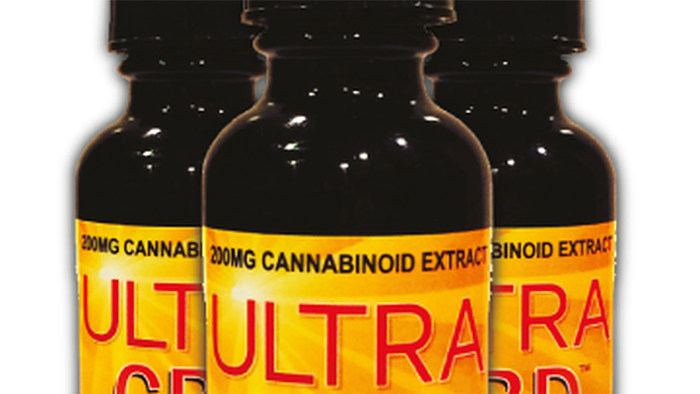DEA head Terrence Boos makes the wrong-headed call on delta-8 THC and CBD
In January, after years of pleas to the Food and Drug Administration to create regulations for CBD, the agency essentially said “this is too hard for us,” and kicked the issue over to Congress.
In the ensuing months, chaos has continued to rule the CBD business, with legitimate vendors competing against fly-by-night, often fraudulent operators. Meanwhile, the market for often-dicey, and potentially dangerous CBD-derived cannabis products, that (unlike regular CBD) get one high continues to grow.
And now there is yet more fallout. Last week, an official with the Drug Enforcement Administration revealed that the agency was planning to propose new rules that would effectively ban delta-8 THC products and impose rules on the CBD market that could hurt legitimate vendors.
In other words, the FDA’s evasion of its responsibilities has led the DEA to decide that the federal government should monitor the CBD and hemp markets not through normal business regulations, but through the criminal code.
Delta-8 THC is derived most often from hemp by converting CBD chemically into a substance that can get one high (the kind of THC we’re most familiar with is delta-9, which remains illegal federally and in many states). Although several states have legislated against products made from delta-8 and other synthesized derivatives of the hemp plant, it’s easily obtainable by most people over the Internet or otherwise.
The products came on the market after the passage of the Farm Bill in 2018, which legalized hemp, but left a loophole by specifying limits only on delta-9 THC and leaving delta-8 and other derivatives unmentioned.
These products go untested and entirely unregulated, and—especially in the case of vapes—could be dangerous to consume.
Meanwhile, hemp-derived CBD products also remain unregulated, and many of those have been shown to contain little or no CBD at all, and in some cases to contain contaminants. Legit producers of CBD—which acts as a palliative for any number of ailments—had spent years calling on the FDA to create a regulatory framework that would drive problematic products out of the market.
Terrence Boos, who heads the DEA’s Diversion Control Division’s Drug and Chemical Evaluation Section, said during a conference last week that the agency will call for highly restrictive limits on how much THC—of any kind—would be allowed in hemp products. At 0.1%, that limit is one-third of the limit contained in the Farm Bill, but it matches the limit imposed on pharmaceutical drugs derived from hemp, which at the moment includes just one drug: Epidiolex, which is used to treat certain kinds of seizures.
Under such regulation, delta-8 would become a controlled substance, though it’s so far unknown whether it would be a Schedule I narcotic, as is the case for cannabis.
The law currently allows hemp-derived products to contain up to 0.3% THC, not enough to get a person high, but still three times the amount proposed by the DEA. If such regulations were instituted, legit vendors would be impacted right along with the skeevy ones. Many would have to change their formulations.
And the delta-8 loophole is hotly disputed. Boos reiterated the DEA’s position that it’s not a loophole at all. The very act of synthesizing THC from CBD “brings it back under the CSA [the Controlled Substances Act],” he said.
Many people—and not just peddlers of delta-8 products—disagree. There is, after all, nothing in the Farm Bill that addresses the question at all. And there is nothing in the Controlled Substances Act that forbids such synthesis. That’s why state legislatures and some local governments have taken up the matter, creating a patchwork of laws and regulations that have yielded nothing but confusion. The same is true for the CBD market.
It’s not clear how long it might take for such regulations to be imposed. Given the review processes for such things, it would likely be years. But in the meantime, the FDA’s January decision has left both legitimate vendors and consumers to fend for themselves.
It’s possible that Congress, dysfunctional as it is, will take up these questions in the Farm Bill, which is supposed to be renewed this year. But that’s nothing to bank on.
There is of course a relatively simple solution to this and so many other problems surrounding cannabis and hemp: Legalize weed at the federal level and regulate it sanely. But sadly, that’s nothing to bank on either.








